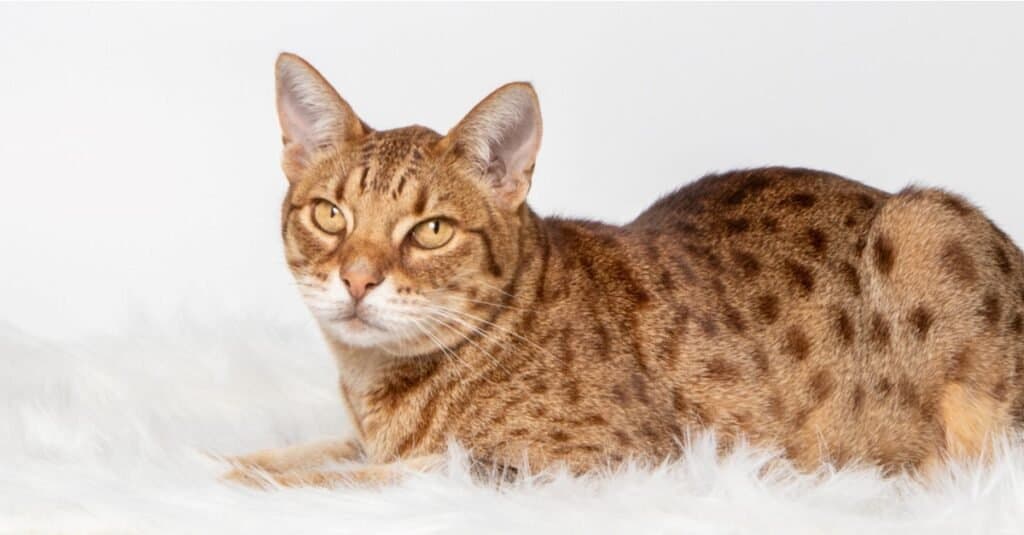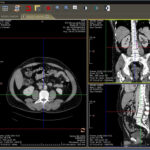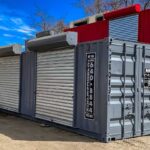Cats eating cobwebs may seem weird, but there are natural reasons for this behavior. Learn what drives cobweb consumption.
Your furry feline friend has some unusual habits, and you may have caught them snacking on cobwebs around your home.
Eating cobwebs is a perplexing behavior, but there are some logical explanations behind it. Discover the reasons for this spiderweb feasting and whether you should be concerned.
Cats are quirky creatures, and our kitties often exhibit behaviors that leave us scratching our heads.
As a feline owner, you may have stumbled upon your cat nibbling away at cobwebs in the corners of your home.
Why does my cat eat cobwebs? This peculiar penchant can be puzzling, but there are some sensible explanations for it.
Why Cats Nosh on Cobwebs: Possible Explanations
Cobwebs as an alternate food source
For outdoor cats or indoor cats left alone for long stretches, cobwebs may become an alternate food source when hungry.
Cobwebs contain dead insects that get caught in the spider’s trap. For cats, this can be a tasty, protein-packed snack. So they eat the webs to get those extra nutrients.
Boredom or curiosity
Indoor housecats lead cozy yet uneventful lives. Without sufficient playtime and environmental enrichment, cats can get bored.
Eating cobwebs may stem from curiosity or boredom. The act of pulling down and chewing cobwebs offers mental stimulation and entertainment.
Nutritional deficiency
In some instances, strange food cravings like cobweb chewing may signal a nutritional deficiency in your cat’s diet.
Cats need a balance of protein, vitamins, and minerals. If their food is lacking in certain nutrients, they may turn to non-food items to fulfill that need.

Pica behavior
Pica is the term for ingesting non-nutritive substances that are not food. Some cats seem to develop pica andconsume things like paper, dirt, or cobwebs.
Pica can result from medical issues or stress. It may also relate to obsessive-compulsive disorder in cats.
Gastrointestinal upset
Cats with gastrointestinal issues like nausea or constipation sometimes eat odd, unpalatable things.
The fabric strands in cobwebs may help move things along their digestive tract. Consuming cobwebs can also make cats vomit when they have an upset stomach.
Dangers of Cobweb Consumption
Eating cobwebs now and then is usually not a major issue for cats. But frequent cobweb noshing does pose some risks, including:
- Pesticide exposure – Cobwebs can contain toxins from pesticides used in the home. Ingesting these chemicals can make your cat ill.
- Intestinal blockage – Excessive cobweb consumption may obstruct your cat’s intestinal tract or even cause life-threatening obstructions.
- Parasite transmission – Cobwebs may harbor parasites like roundworms and tapeworms. Consuming them allows transmission of these parasites to your cat.
The Bottom Line: Is Cobweb Eating Concerning?
Occasional cobweb nibbling is likely harmless. But if your cat obsessively eats them, it could signal boredom, nutritional deficiencies, or an underlying medical disorder.
Schedule a vet visit for pets with persistent cobweb consumption or other abnormal food cravings.
Getting to the root cause will reveal if dietary changes, enrichment toys, or medical treatment are needed.











